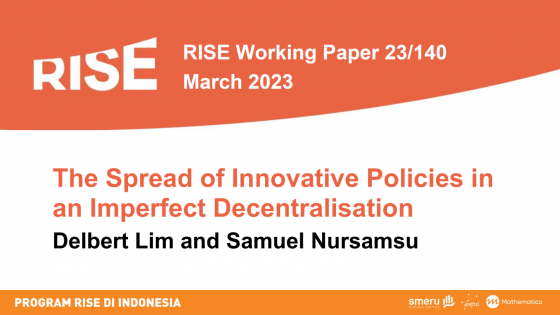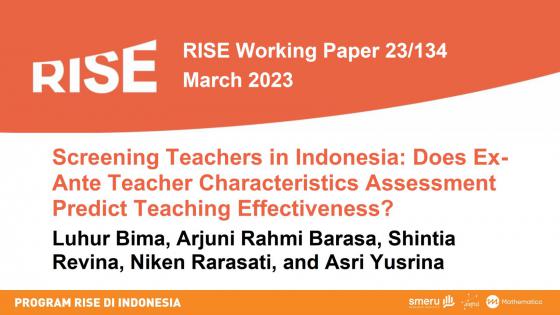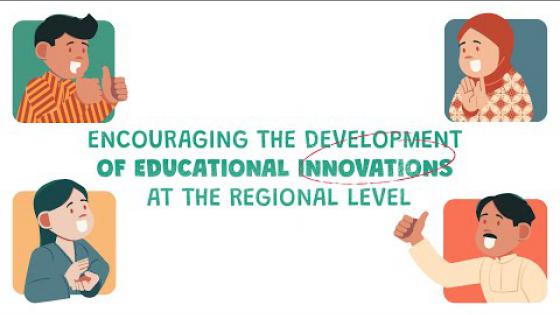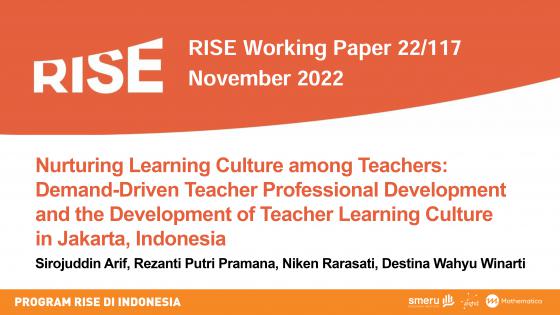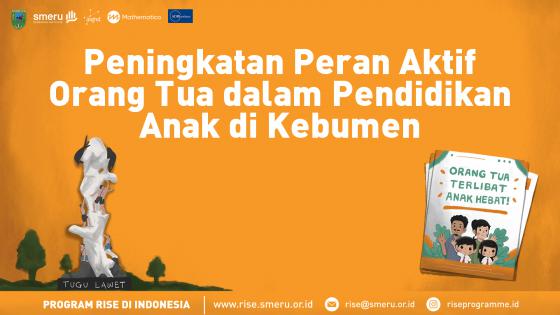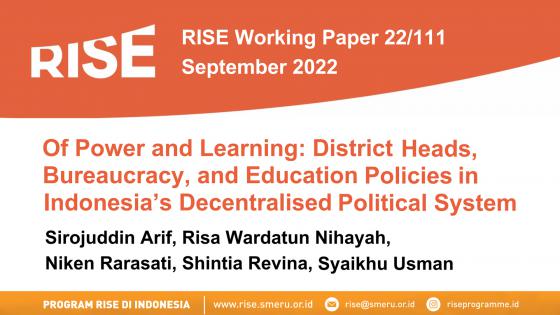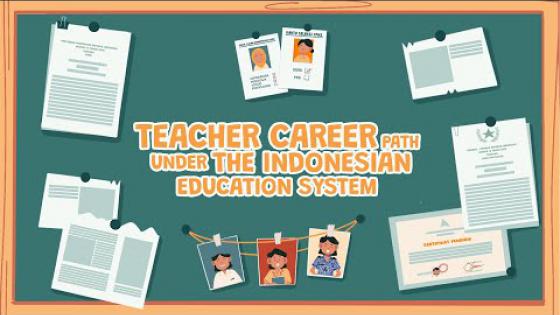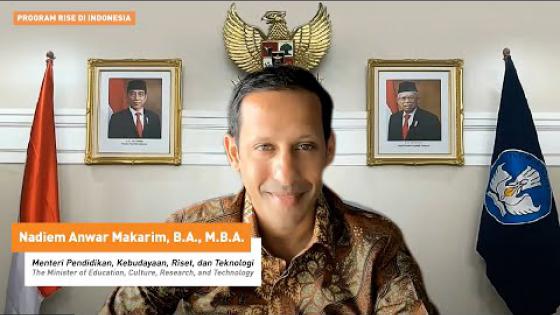RISE Programme in Indonesia seeks to learn whether the education policy reforms carried out in Indonesia over the past twenty years have been successful in improving the country’s student learning outcomes. To evaluate how well particular education policies help schools conduct better learning, we develop Comprehensive Reading and Mathematics Assessment Tool (CERMAT), a student learning assessment (SLA) tool that can assess specifically the reading and mathematics skills of students in Grades 1–9. CERMAT uses a framework based on the revised Bloom’s Taxonomy for cognitive domains; stages of numeracy development; Fountas and Pinnell’s Text Level Gradient that has been adapted into Indonesian literacy context; and Indonesia’s 2006 and 2013 national curricula.
We use the Rasch model to evaluate the quality of the psychometric properties of CERMAT. After the instrument was piloted and underwent revisions for three cycles, it finally reached a sufficient reliability score and contained items with a wide range of difficulty levels. Thus, CERMAT is sensitive enough to detect an increase in student abilities. There are two methods used for administering CERMAT: (i) individual and oral tests for students in Grades 1–3 and (ii) classical and written tests for students in Grades 4–9.


